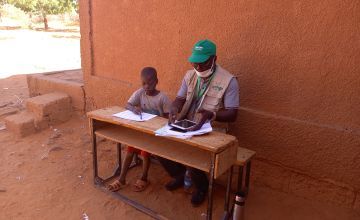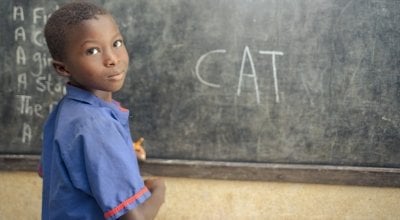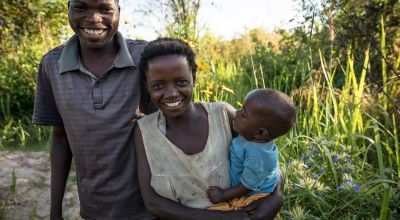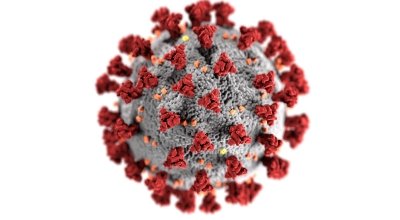
Read our 2023 annual report

Knowledge Hub
Early Grade Reading Assessment in Fragile Contexts
Concern aims to improve the lives of extremely poor and vulnerable children in a sustainable way by increasing access to quality primary education and supporting child wellbeing. In our humanitarian action, we respond to the right to protection but also to the right to education and improving foundational literacy and numeracy skills in young children is a priority of Concern’s.

The increased global focus on measuring improvements in learning outcomes has been incorporated into Concern’s programmes for many years, shifting from proxy-indicators to monitoring the actual improvements in children’s learning by applying tools such as the Early Grade Reading Assessment (EGRA). Using tools to measure learning outcomes, Concern seeks to assess children’s reading levels and monitor their improvement throughout the course of an education programme or a school year. This informs the progress and quality of the programme and provides information on the learning needs of the children within the context in which we are working to allow a tailored approach to teacher training and literacy and numeracy instruction.
Concern especially values the EGRA as a tool to inform programme quality in hard to reach and conflict affected areas as, especially in these contexts, it is crucial to ensure that Education does not only fulfil its protective role, but also enables children to learn effectively.
Concern produced an Education Technical Brief in July 2020 that looked at the challenges and considerations for Early Grade Reading Assessment in fragile contexts. The brief was developed to respond to country level needs and requests for technical support within a range of low income and crisis affected contexts in which Concern works. The guidance builds on the learning from Concern over the years and aims to support teams prepare, plan and factor in possible risks and ensure sufficient flexibility to carry out EGRAs.
Concern Worldwide carried out an Early Grade Reading Assessment (EGRA) in target schools in the conflict-affected Tahoua region of Niger as part of a bilingual early grade programme. The assessment, carried out at the beginning of the 2021/2022 academic year to assess the results of the 2020/2021 academic year and compare it with the results from the past two years, shows that while reading levels of children remain significantly below expected thresholds for the grade, some major improvements have been observed over the past years.
This publication covers aid activities implemented with the financial assistance of several donors, including the Turing Foundation and Irish Aid. The ideas, opinions and comments herein are entirely the responsibility of the author(s) and do not necessarily represent or reflect the policies of any donors.




